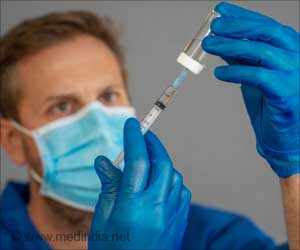or hypertension (130/80 mm Hg or higher) as per the American Heart Association’s Heart Disease and Stroke Statistics.
“We know that experiences of sexual violence in the form of sexual assault and workplace sexual harassment are common, and that women are disproportionately victims of such violence, with 13-44% of women reporting sexual assault and up to 80% of women reporting workplace sexual harassment. However, exposure to sexual violence is not widely recognized as a contributor to women’s cardiovascular health. We felt it was important to investigate the relationship among common forms of sexual violence with the risk of developing hypertension. These links could help in the early identification of factors that influence women’s long-term cardiovascular health,” says study author Rebecca B. Lawn, PhD, a postdoctoral research fellow in epidemiology at the Harvard T.H. Chan School of Public Health in Boston.
The team analyzed data over seven years beginning with a 2008 follow-up of the Nurses’ Health Study II (an on-going cohort study of U.S. women). It was found that about 1 in 5 (nearly 7,100) of the women self-reported, they had developed hypertension, which was validated with medical records.
Lifetime prevalence of sexual assault and workplace sexual harassment were 23% and 12% respectively for women.
“Our finding that experiencing both sexual assault and workplace sexual harassment had the highest risk of hypertension underscores the potential compounding effects of multiple sexual violence exposures on women’s long-term cardiovascular health,” says Lawn.
Source: Medindia



